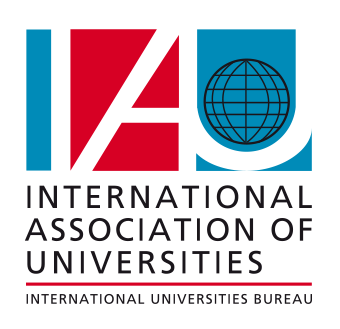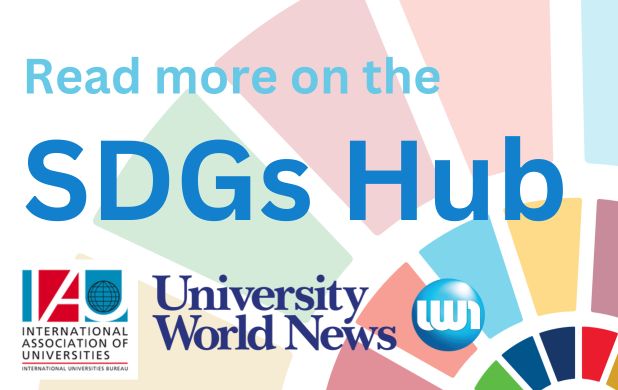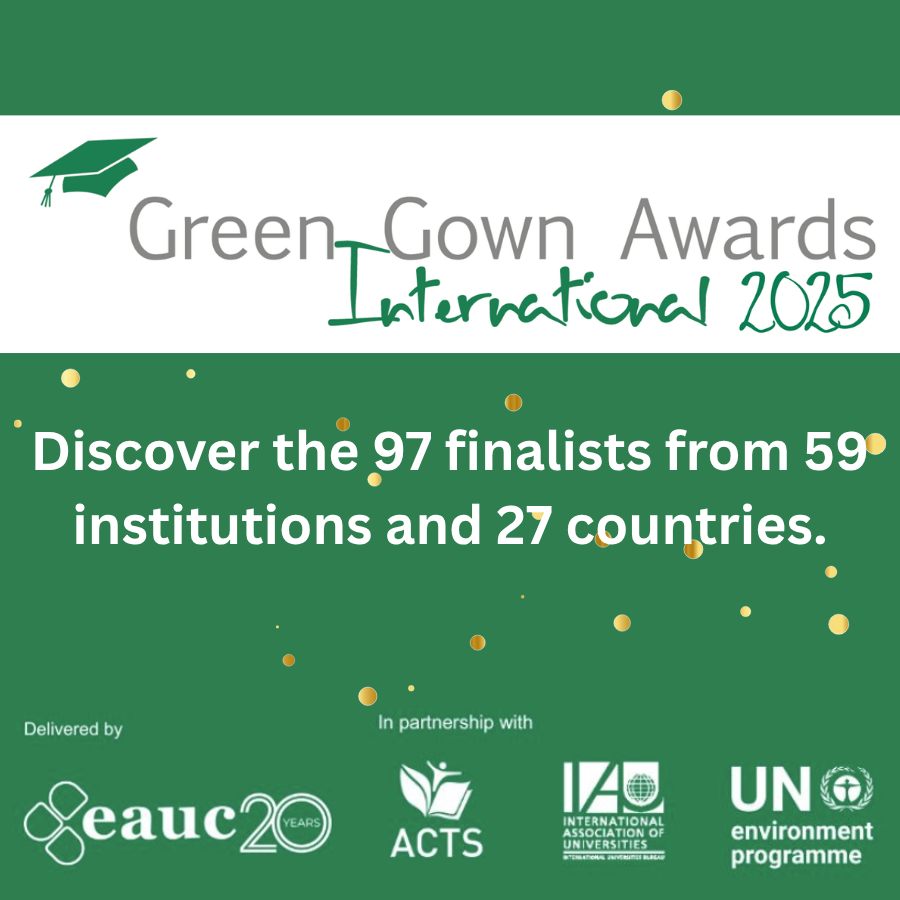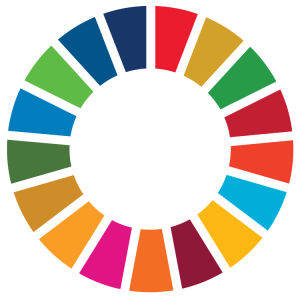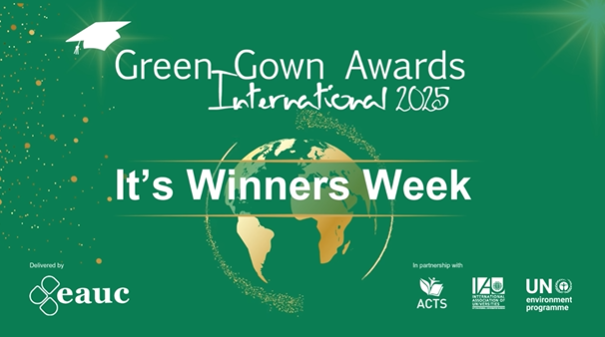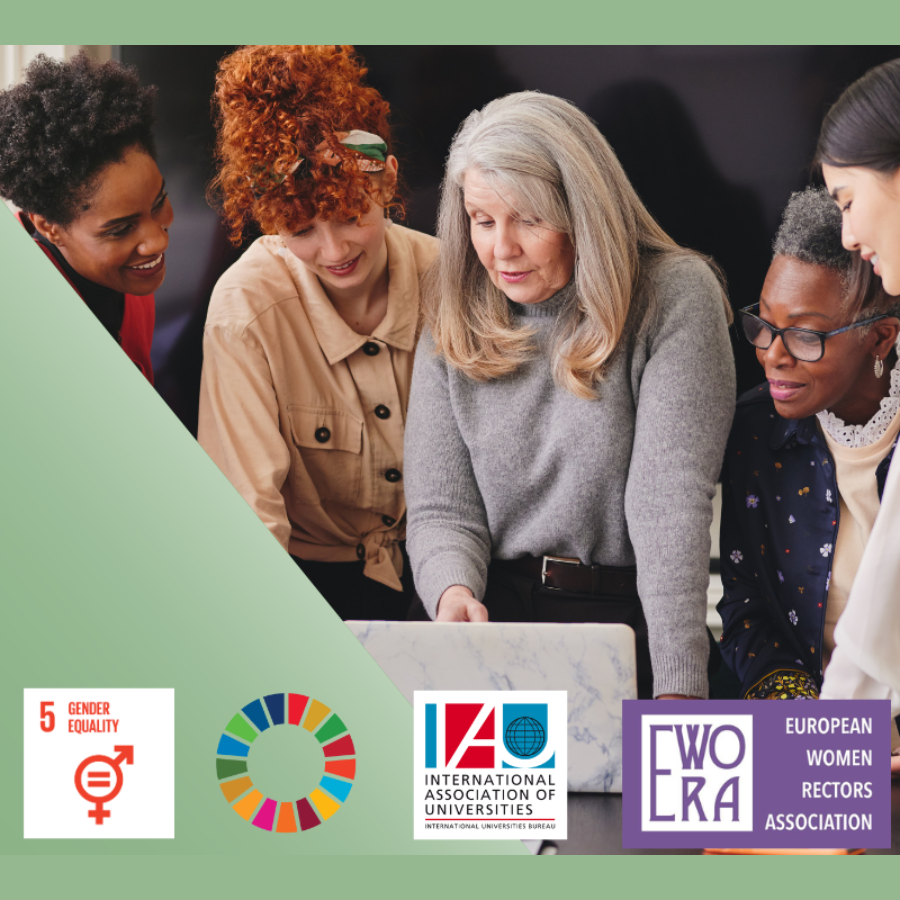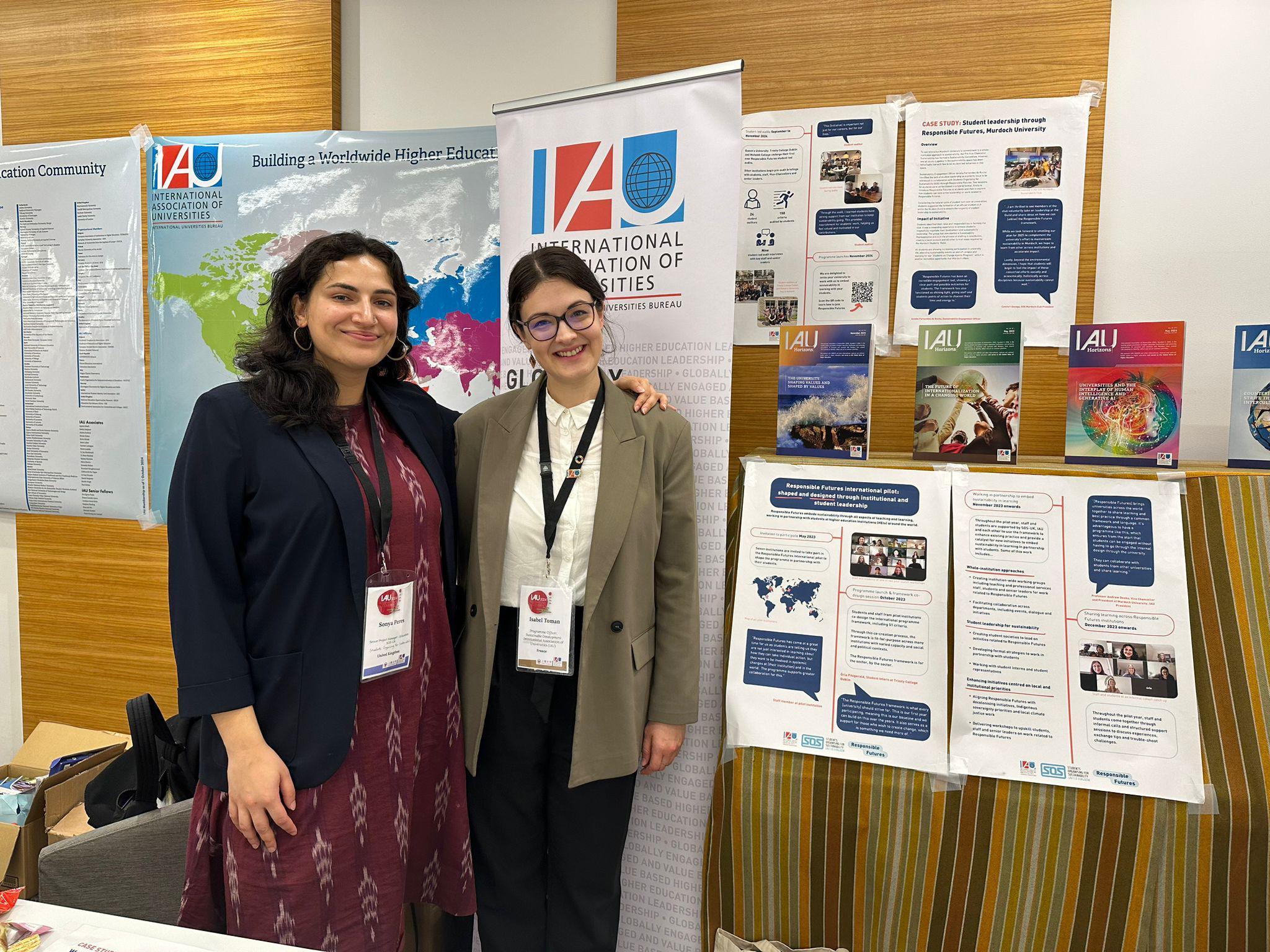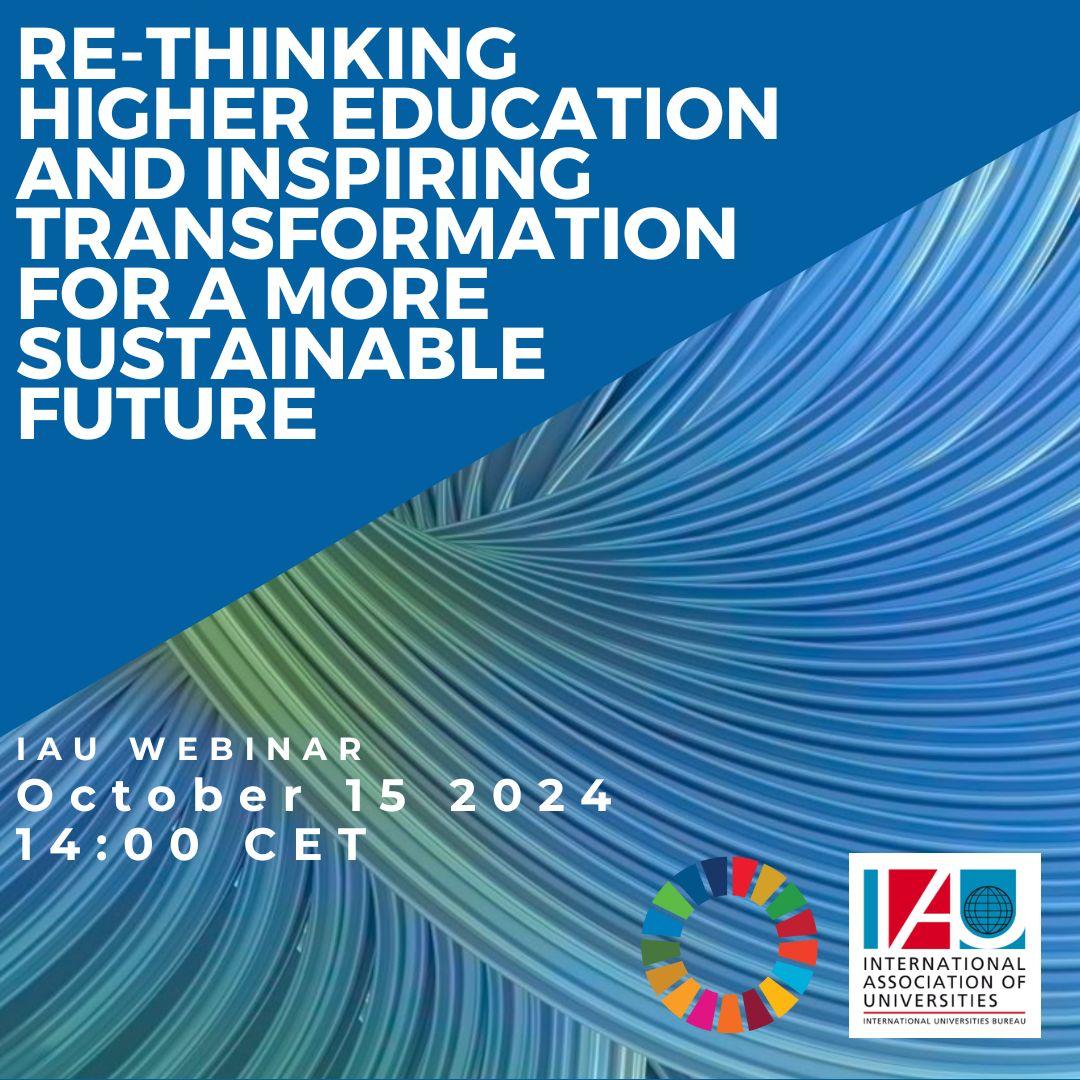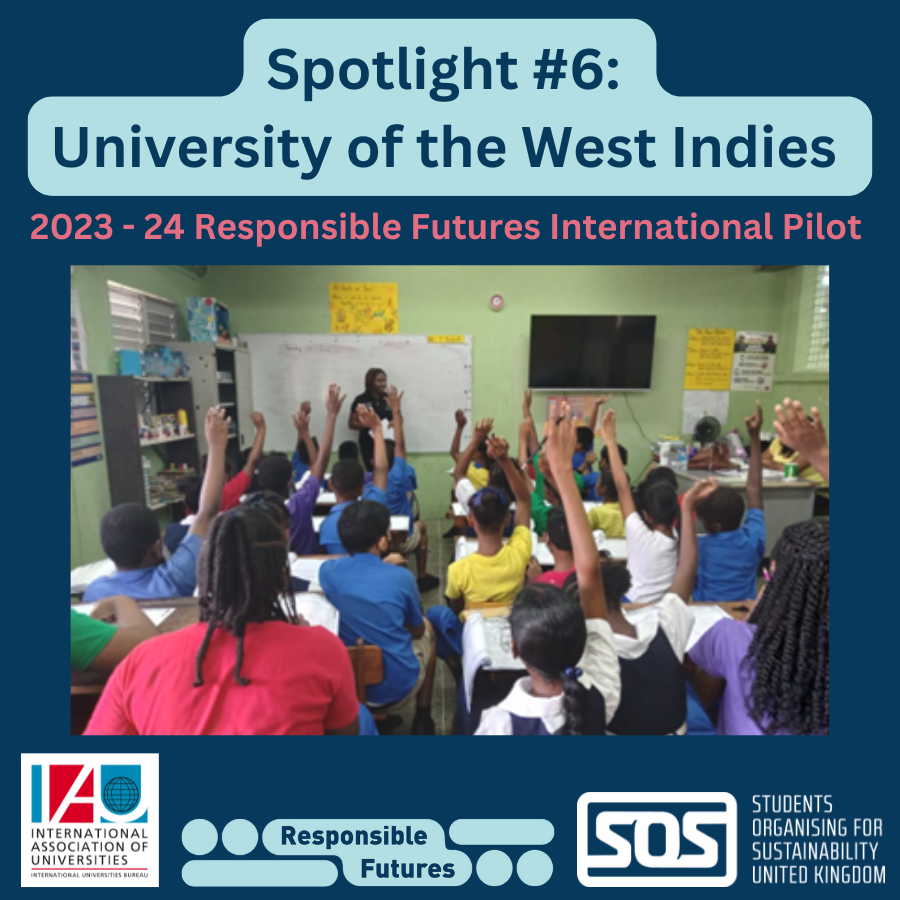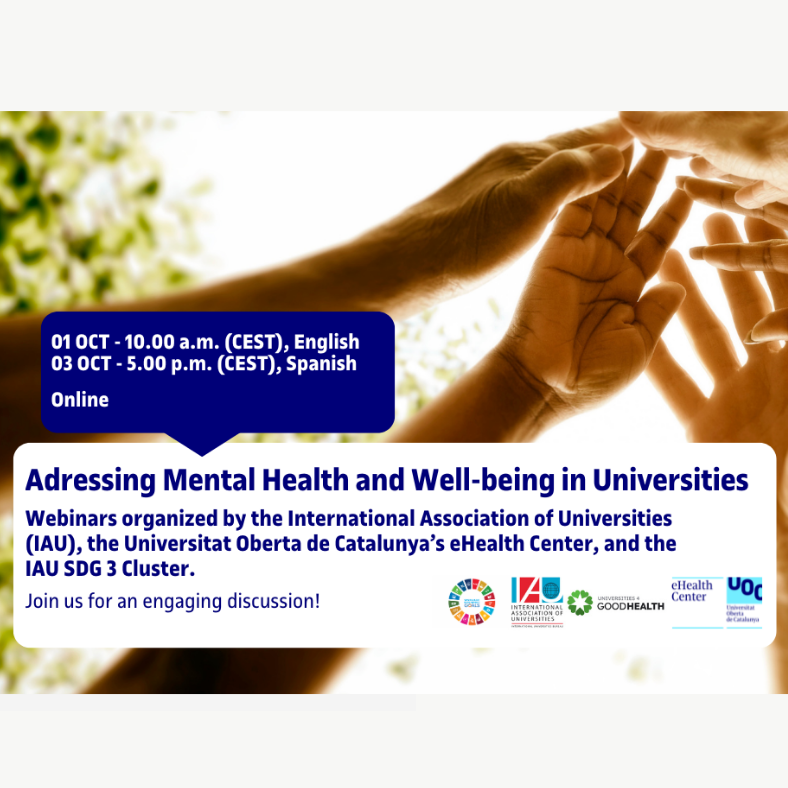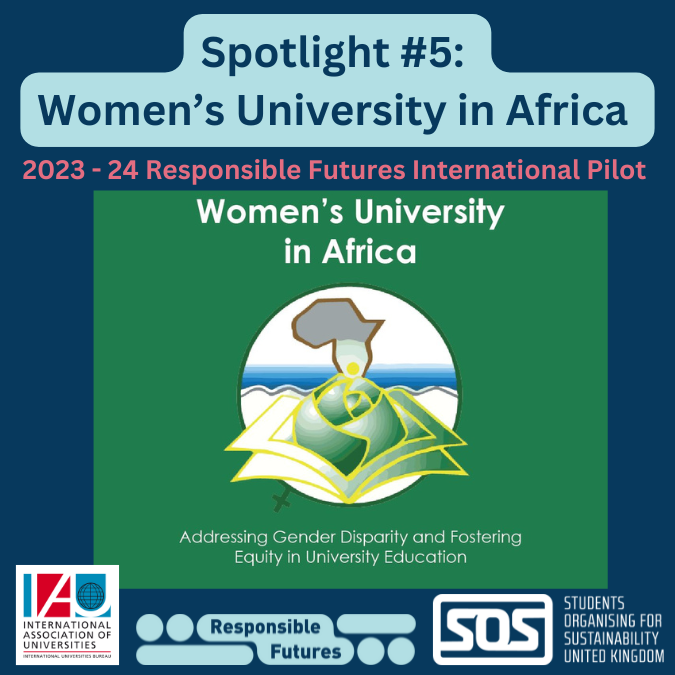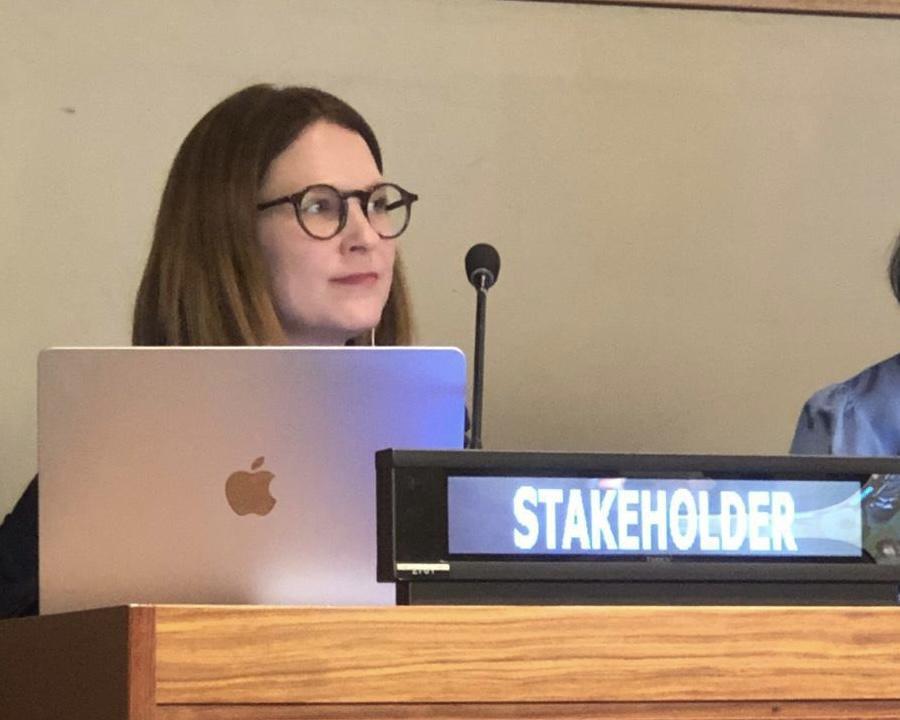We live in times when urgency demands agency in HE towards sustainability. This session approaches this conundrum and asks how higher education stakeholders can cut through the noise and shape policy and practice to repurpose education towards the common good and well-being of people and planet.
There is now an intense focus on the purpose and role of education in times of unprecedented uncertainty, instability and existential crises. UNESCO states that society globally faces a stark choice between “continuing on an unsustainable path or radically changing course". Education is crucial to such transformative change, says UNESCO, but only if education can itself be transformed. In other words, for higher education to be an agent of change, it needs to be a subject of change itself.
Drawing on his new book Learning and Sustainability in Dangerous Times Stephen Sterling, Emeritus Professor of Sustainability Education at the University of Plymouth, outlines ten issues that restrict the ability of ESD (education for sustainable development) and parallel movements to fulfill their potential, and ten keys which could unlock the potential of education to help secure a safe and liveable future.
The language of educational change increasingly embraces concepts of “renewal”, “regeneration” and “reimagining” yet this movement can be encapsulated in a single notion: the fundamental repurposing of education. Several decades of work and debate gave rise in 2021 to the ICFE’s key report and the ensuing Future of Education initiative. Despite genuine advances and the acceptance of the sustainability agenda by many institutions, there is also some evidence of inertia and circularity in the emerging discourse.
We live in times when urgency demands agency in HE towards sustainability. This session approaches this conundrum and asks how higher education stakeholders can cut through the noise and shape policy and practice to repurpose education towards the common good and well-being of people and planet.
Speakers
In addition to Professor Sterling, the IAU will welcome the following speakers:
Dr. Elena Toukan, Research Specialist, UNESCO Futures of Education
Prof. Arjen Wals, Professor of Transformative Learning for Socio-Ecological Sustainability and UNESCO Chair of Social Learning and Sustainable Development, Wageningen University
Prof. Iveta Silova, Associate Dean of Global Engagement and Professor, MLF Teachers College, Arizona State University
Dr. Hilligje van't Land, Secretary General, IAU
Recording and Resources
To watch the recording of the webinar, please click here.
To access the slides, please click here: Slides Stephen Sterling / Slides IAU and Poll results
For additional information and resources shared in the chat, please go to the resources document prepared by IAU here.

